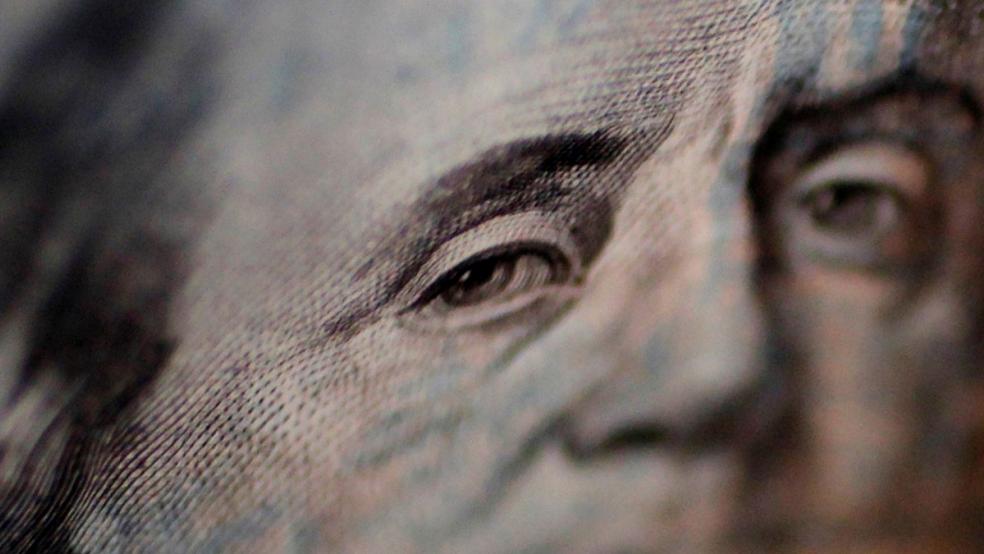The unanimous Supreme Court decision Monday overturning the federal corruption conviction of former Virginia governor Bob McDonnell may have far-reaching repercussions for the pay-to-play culture of American politics.
The court said federal prosecutors had failed to demonstrate that McDonnell had performed “official acts” in exchange for loans and gifts. The ruling will make it more difficult to prosecute officials for bribery.
Related: How Corrupt Are Our Elected Officials? A New Study May Surprise You
Susan Lerner, executive director of Common Cause New York, said the court had opened the “floodgates” for special interests to exert influence on politicians.
And the decision could prove to be a massive headache for Preet Bahara, the U.S. Attorney for the Southern District of New York, who in recent years has emerged as arguably the top anti-public-corruption prosecutor in the country.
Bahara has won corruption convictions against more than a dozen lawmakers, including two of the biggest powerhouses in New York politics: former Republican state senate majority leader Dean Skelos and former Democratic state assembly speaker Sheldon Silver.
Both Skelos and Silver have been free on bail pending a Supreme Court ruling in the McDonnell case, and surely they will appeal their convictions.
Currently, Bahara (on whom the Paul Giamatti character in the Showtime hit series Billions is said to be loosely based) is pursuing corruption charges against two high-ranking New York City police officials and Norman Seabrook, the hard-charging chief of the union that represents New York City corrections officers.
“While we are reviewing the McDonnell decision, the official actions that led to the convictions of Sheldon Silver and Dean Skelos fall squarely within the definition set forth by the Supreme Court today,” a spokesman for Bharara said, according to the New York Post.
Related: Where Did $800 Million in Afghan Aid Go? The Pentagon Shrugs Its Shoulders
Jennifer Rodgers, executive director of the Center for the Advancement of Public Integrity at Columbia Law School and herself a former Assistant U.S. Attorney for the Southern District handling public corruption cases, said what the court has done is narrow the definition of “official action.” But she said she does not believe the corruption convictions Bahara has won are in jeopardy.
Former Governor McDonnell and his wife, Maureen, were indicted in 2014 on charges that they accepted some $175,000 -- including loans to finance their daughter’s wedding and gifts including a $20,000 shopping spree for Mrs. McDonnell – from Jonnie Williams, CEO of nutritional supplement company Star Scientific, who wanted help promoting one of his products.
“To convict the McDonnells of bribery,” Chief Justice John Roberts wrote in his opinion, “the Government was required to show that Governor McDonnell committed (or agreed to commit) an ‘official act’ in exchange for the loans and gifts.”
The facts lead you to ask, “who would give [such gifts] … if they didn’t expect something,” Rodgers said.
Related: 21 States With the Worst Tax Rates
But lawyers for McDonnell, who had been elected on promises to bring jobs to the state, said he was just promoting economic development, and the court found that “setting up a meeting, calling another public official or hosting an event does not, standing alone, qualify as an ‘official act.’
“There is no doubt that this case is distasteful; it may be worse than that. But our concern is not with tawdry tales of Ferraris, Rolexes, and ball gowns,” Roberts wrote. “It is instead with the broader legal implications of the Government’s boundless interpretation of the federal bribery statute.”





